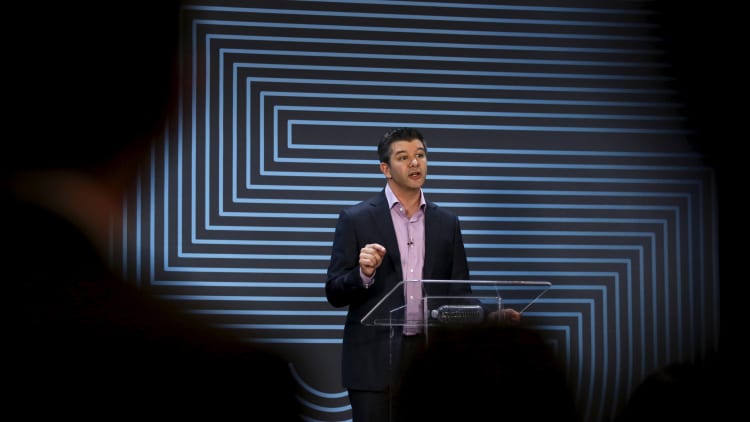Ride-hailing pioneer Uber may be . But the company is still embroiled in bad PR and lawsuits on several fronts. Those distractions, combined with a vacuum in management there, leave Uber at serious risk of losing business to competitors such as Lyft.
On Friday, Uber's former director of product design, Ethan Eismann, wrote in a public thread on Twitter that Uber's latest strategic changes indicate the company is becoming more "humanistic" and less purely "rational."
Eismann suggests that the changes put Uber in a position to make a net-positive impact on society, finally.
But will these moves be too little too late? Or can Uber make an ethical comeback?
Uber and its investors have always talked up how much good the company does in the world, like giving people access to safe rides home, especially people who taxis ignored, or providing flexible work to drivers.

Those may be valuable contributions to society. But Uber has also been accused of problematic like misclassifying drivers to deny them benefits or better pay, discriminating against passengers with service animals, price fixing and failing to report sexual assault by drivers against passengers to appropriate local authorities, to name just a few.
The latest Uber-related mayhem has seen Waymo accusing Uber of intellectual property theft, and Benchmark, which owns 13 percent of shares in the company, accusing Uber's former CEO, Travis Kalanick, of fraud.
Eismann sounds optimistic about Uber, given the recent changes. He writes, "Uber's mindset has shifted from entirely rational to somewhat humanistic. At Uber's scale, this shift can have massive impact, e.g. $50 million in new [income] to drivers via tips in one month alone."
Here's the full thread:


